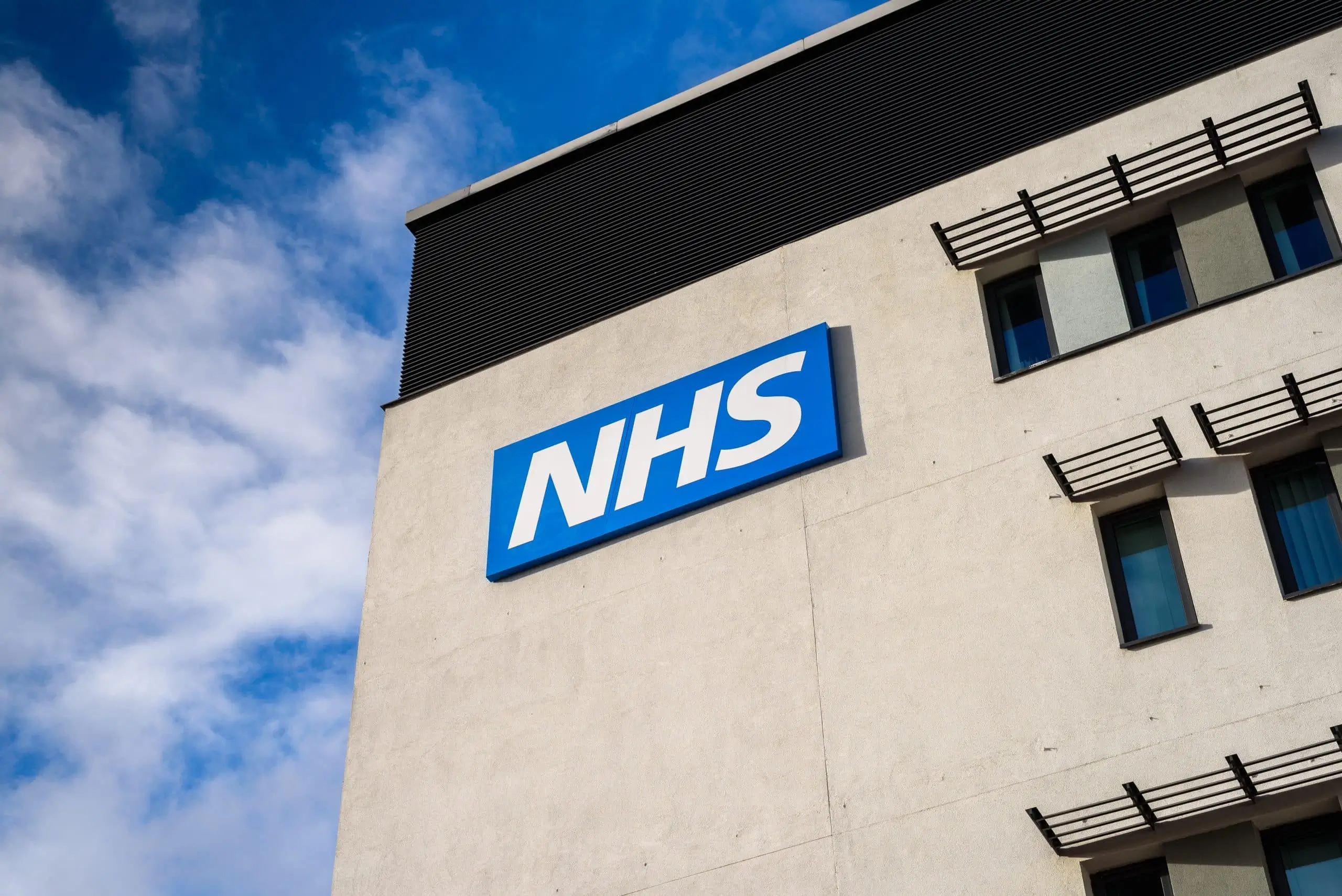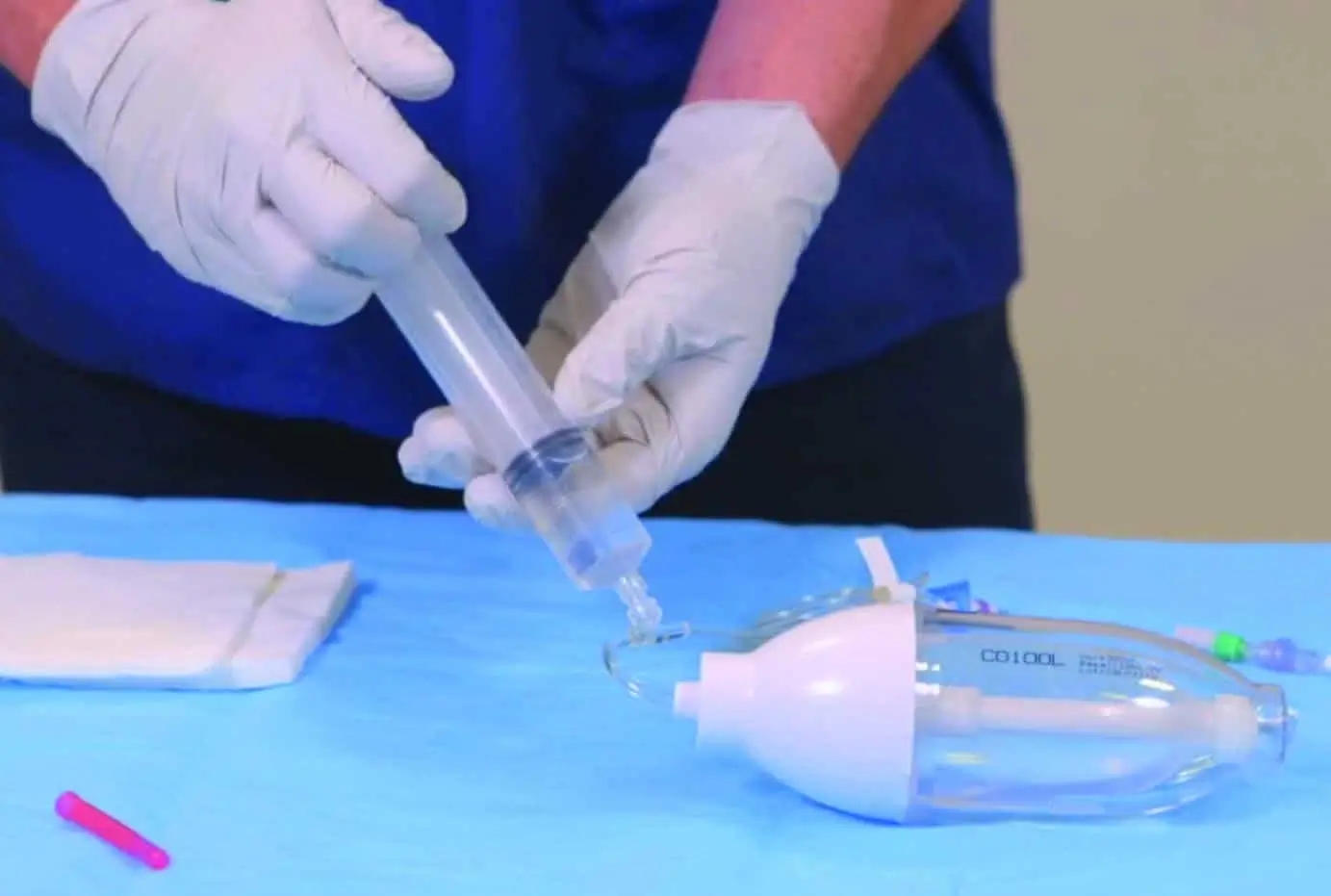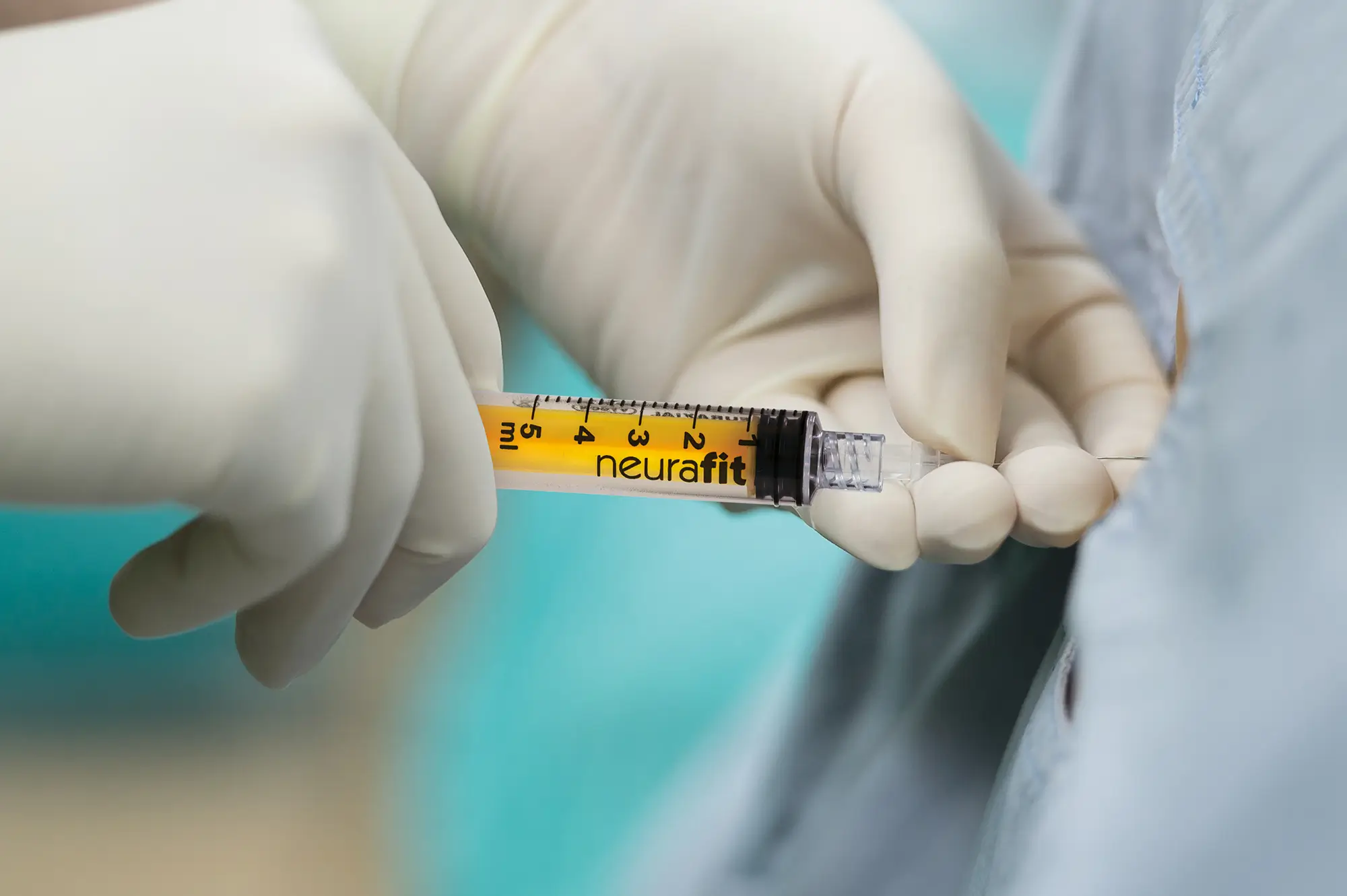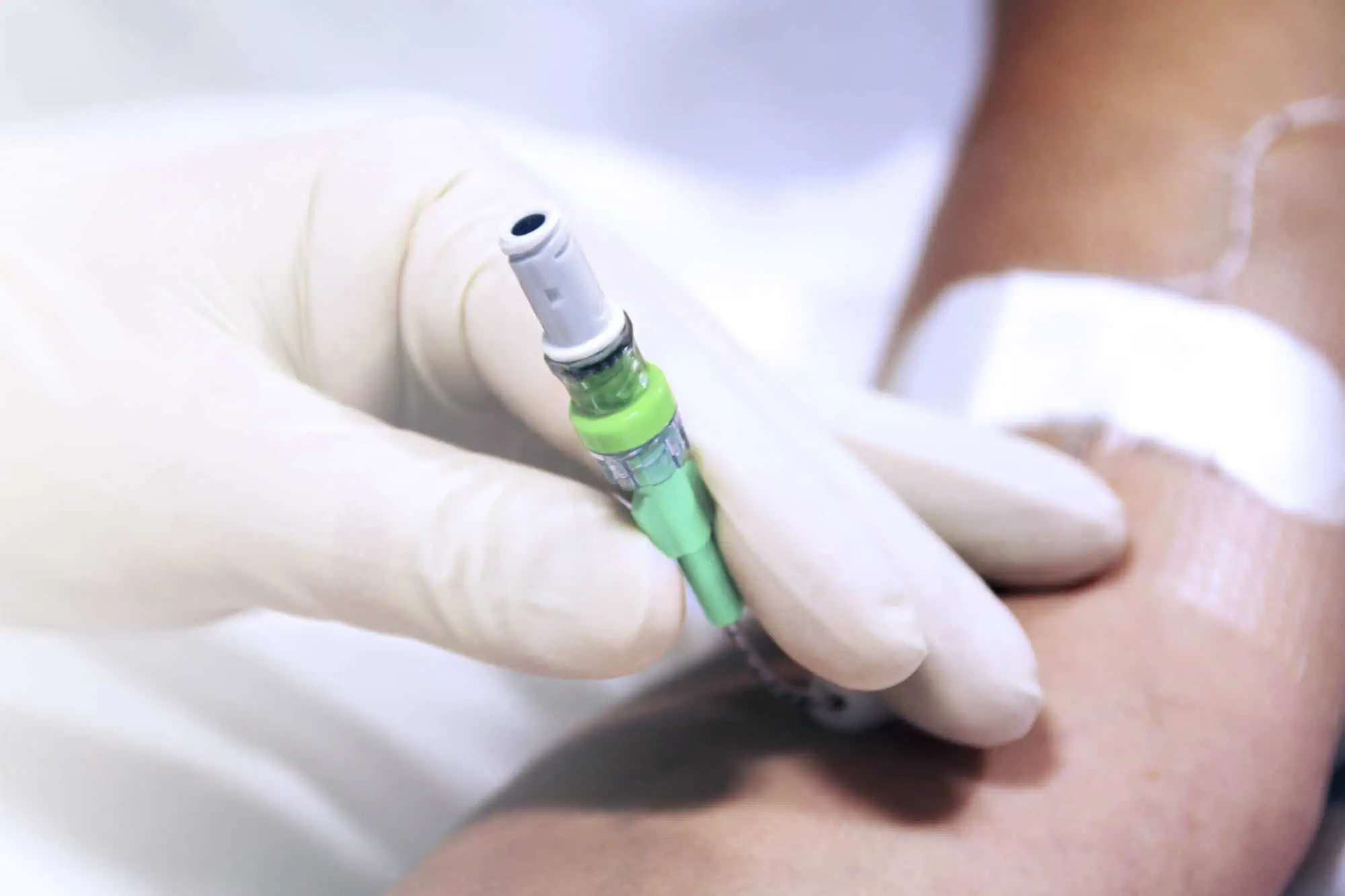A Greener NHS

How Vygon is helping the NHS achieve Net Zero
As a supplier to the NHS, we are committed to not only reducing our environmental impact but also meeting the needs of our customers.
The NHS’ supply chain accounts for 66% of the overall carbon emissions for the NHS, and the report ‘Delivering a ‘Net Zero’ National Health Service’ (2022) puts a focus on working with suppliers to “ensure that all of them meet or exceed our commitment on net zero emissions before the end of the decade”. In November 2021, Vygon UK was awarded Carbon Neutral Status, and we have continued to demonstrate commitment towards Net Zero as a company, striving towards a greener UK and creating innovative solutions to reduce waste and promote sustainable practice.
Reduce the environmental impact of equipment.
Environmentally sustainable perioperative medicine refers to the implementation of practices and strategies within the surgical setting that minimise the environmental impact while maintaining high-quality patient care.
Haemodynamic monitoring
The Mostcare UP haemodynamic monitor is a minimally invasive cardiac output and haemodynamic monitoring system. It is designed to provide clinicians with real-time information about a patient's cardiovascular status during surgical procedures or in critical care settings. The Mostcare UP monitor uses the technique of pulse contour analysis to estimate parameters such as cardiac output, stroke volume, systemic vascular resistance, and other hemodynamic variables.
Key environmental features of the Mostcare UP haemodynamic monitor may include:
Minimally invasive monitoring with no changes in the current patient set up: Mostcare UP can connect to an already established arterial line to obtain an arterial waveform signal eliminating the need for additional invasive line insertions or disposable consumables associated with cardiac output monitoring.
Less waste: Mostcare UP connects to a standard disposable pressure transducer (DPT) rather than requiring a specific DPT. Specific DPTs contribute to higher levels of plastic waste than that of standard DPTs; a study conducted in France highlighted that the use of specific DPTs are responsible for an increase in CO2 emission estimated at 65–83 tonnes/yr.
“We hypothesized that using standard DPTs may enable a significant reduction in carbon dioxide (CO2) emissions.” [Michard F et al.]
Additionally, Mostcare UP does not require additional consumables, making it a more sustainable option for monitoring your patients.
More informed decisions: Optimise drug and fluid therapy with informed decision making, saving on unnecessary and costly drugs as well as improving treatment for better outcomes.
Reduce the carbon footprint of the OR
Anaesthetic gases have a significant impact on the environment and account for around 5% of the overall carbon footprint of health services.
An alternative to anaesthetic gases, is total intravenous anaesthesia (TIVA)[1]. These methods have a much lower contribution to greenhouse gas emissions, but appropriate procedures for the disposal of the IV anaesthetics should be followed to minimise any potential for negative environmental effects.
By utilising clinically suitable alternatives to desflurane and other volatile anaesthetic gases, the NHS can reduce harmful emissions by around 40 kilotonnes of carbon a year.[2]
Our commitment to reducing the environmental impact and promoting sustainable practices is essential in how we support the NHS's mission to achieve Net Zero, and we understand the importance our medical devices play in achieving that vital goal.
Contact us today to discuss how we can support you with more sustainable clinical products.
















